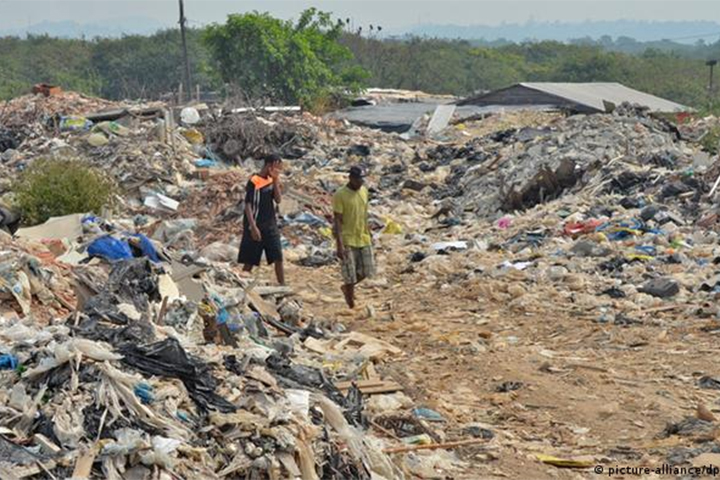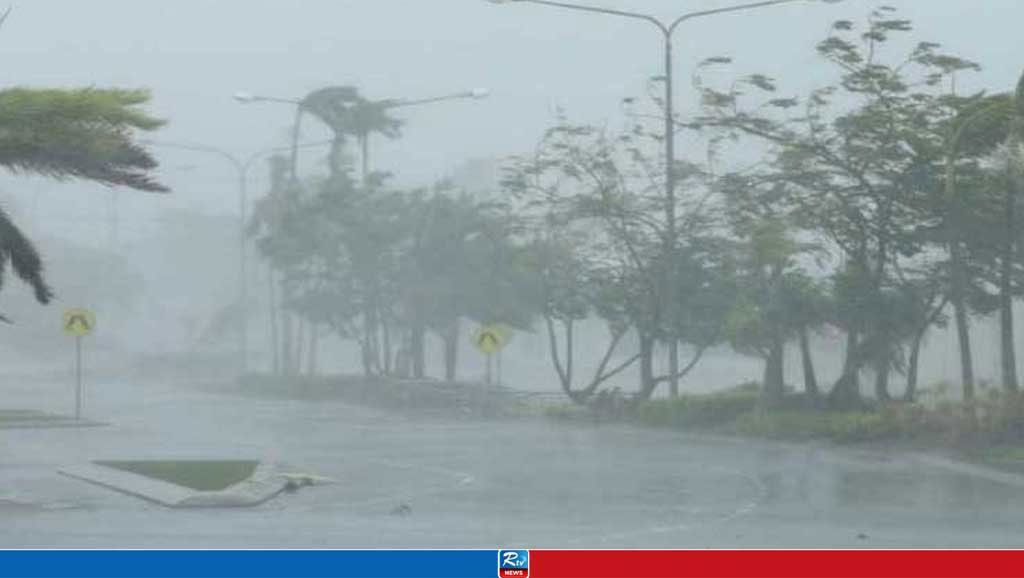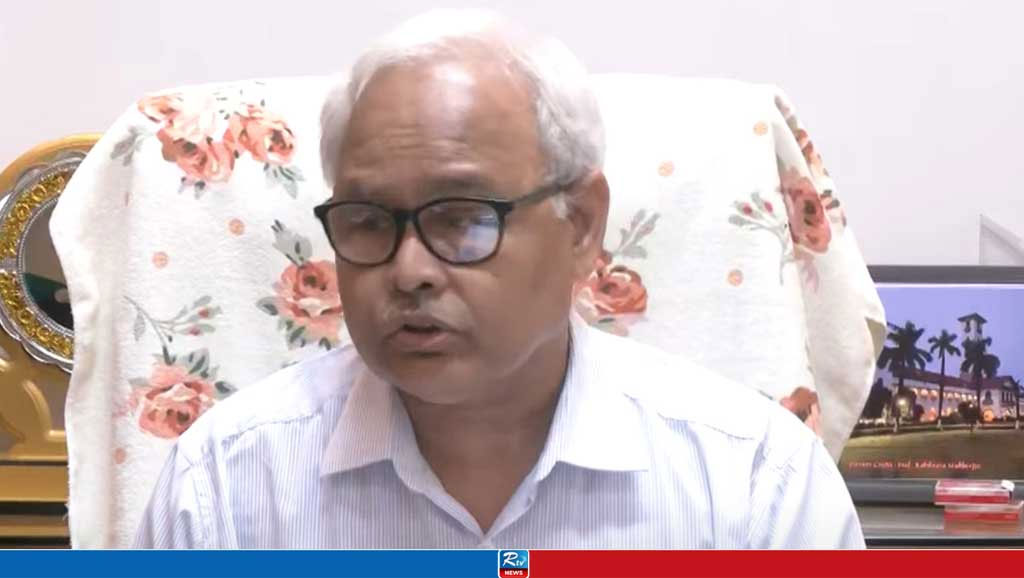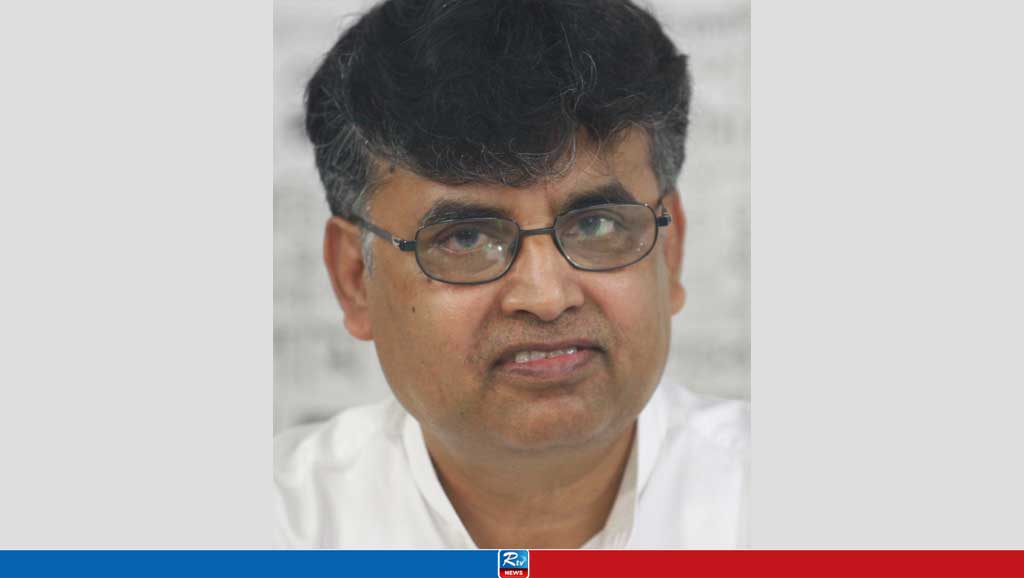Environmental crime: Profit can be higher than drug trade

Sasa Braun has seen a lot in the 28 years he has worked as an investigator. But it's the past six years as a criminal intelligence officer with Interpol's environmental security program that have shocked him the most.
"The brutality and profit margins in the area of environmental crime are almost unimaginable. Cartels have taken over entire sectors of illegal mining, the timber trade and waste disposal," he said at a recent press conference, held together with German politicians.
Braun listed examples. Villages in Peru that had resisted deforestation efforts had been razed to the ground by criminal gangs in retribution, he said, while illegal fishing fleets had thrown crew overboard to avoid having to pay them.
And much of the timber and fish acquired through illegal means ended up in Germany, he said.
Environmental crime has many faces and includes the illegal widelife trade, illegal logging, illegal waste disposal and the illegal discharge of pollutants into the atmosphere, water or soil.
It is a lucrative business for transnational crime networks. Illegal waste trafficking, for example, accounts for $10 to 12 billion (€10.28 to 12.34 billion) annually, according to 2016 figures from the United Nations Environment Program.
Criminal networks save on the costs of proper disposal and obtaining permits. For some crime networks, the profits from waste management are so huge that it has become more interesting than drug trafficking.
Is wood the new gold?
The profits from illegal logging have also grown. Well-seasoned tropical hardwood, which is used to build yachts, for example, is increasingly rare and demand is high.
Katharina Lang, project manager for forest crime at the German branch of the World Wildlife Fund (WWF), said that consumers could never be certain if the wood in a product they had bought had been acquired through legal means.
According to a 2021 study by the German Association of Engineers (VDI), illegal logging accounts for 30% of activities in the global forestry sector. This figure can rise to almost 90% in countries that produce tropical timber.
German timber regulations call for a certificate of origin, but labeling fraud is frequent, as WWF has demonstrated many times. For example, wood might be labeled as being hardwood from Vietnam but actually it might be low-grade waste wood. WWF Germany uses genetic and isotopic fingerprinting to verify the declared origin of wood.
Sasa Braun from Interpol says that cooperation with NGOs such as WWF is invaluable, but, he says, the activities of these organizations aren't always appreciated, particularly in countries where there is corruption at all levels.
Environmental crime is seen as petty crime
According to the European Union Agency for Law Enforcement Cooperation (Europol), environmental crime — the third most lucrative area of crime worldwide after drug trafficking and counterfeit goods — generates profits of between $110 billion and $280 billion each year.
It is difficult to be more precise because there is an extremely high number of unreported cases. And it's not like nature can sue.
"This certainly also has to do with the fact that we speak of administrative offenses in the case of environmental crime. Cases of environmental crime often aren't uncovered at all. They are only discovered when deliberate and targeted controls are carried out," said Moritz Klose, head of the wildlife program in Germany and Europe for WWF. Even when such crimes are revealed, penalties tend to be light.
Experts seem to agree that there is also a problem of staff shortages, as well as possibly a lack of political will. "A few years ago in [the western German state of] North Rhine-Westphalia, we had an environmental crime unit in the Environment Ministry," explained Klose. "It was very successful. An experienced investigator and a public prosecutor worked together to coordinate on cases of environmental crime in North Rhine-Westphalia, advise the authorities and conduct some of the investigations themselves."
However, it was closed down "for political reasons," he told DW, saying that the state is now trying to reverse this decision.
The eastern German state of Brandenburg has had a special prosecutor's office for environmental crime for two years. However, people there also complain of staffing shortages. Experts say that Europe-wide operations centers are needed, with judges, public prosecutors, police and customs officers who have been trained in tackling environmental crime.
Sasa Braun of Interpol says that environmental crime has to be fought with the same tools, including undercover investigations, wiretaps and GPS tracking, as other serious crimes. "It is often still considered as petty crime and not as a crime against our future," he told DW.
Activists put pressure on German justice minister
Some are hoping that new European legislation, to be introduced next year, will tighten compliance with EU environmental laws.
"Too often in Europe, there is no real penalty for environmental crime. Lawbreakers can go unpunished and there are too few incentives to observe the law," European Environment Commissioner Virginijus Sinkevicius said last year. "We want to change that by proposing a new directive on environmental crime that will strengthen the environmental rule of law."
But Germany's leading environmental associations fear sanctions won't be as tough as they should be. In an open letter to German Justice Minister Marco Buschmann, they urged him to ensure that the EU adopts modern and effective legislation.
They also criticized Buschmann for advocating for lower maximum penalties for serious environmental crimes as well as for lowering fines that companies might be liable for.
Stephan Sina, a lawyer specializing in environmental law at the Berlin-based Ecologic Institute, told DW that other measures would be much more effective. "When it comes to sanctions, it is important that profits gained from a crime be systematically seized. That usually hits criminals harder than the actual penalty," he said.
Environmental advocates still have some time to make their case. The EU is only expected to adopt the new directive by the middle of next year.
Comments
Rain likely in 4 divisions including Dhaka in next 24 hours

Student politics can be reintroduced at BUET campus: VC

High Court allows student politics in BUET

The Indian Product Boycott Movement vs. Reclaiming the Hat

Schools and colleges to remain closed for 7 days

DU classes to be held virtually amid heatweave

Dozens arrested as US campus protests over Gaza spread


 Live Tv
Live Tv
